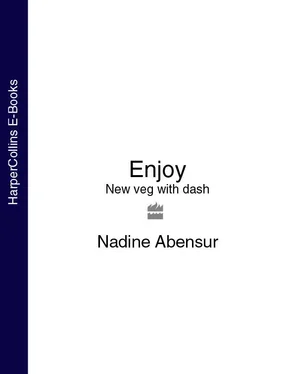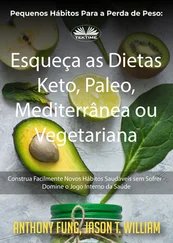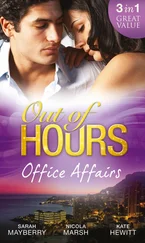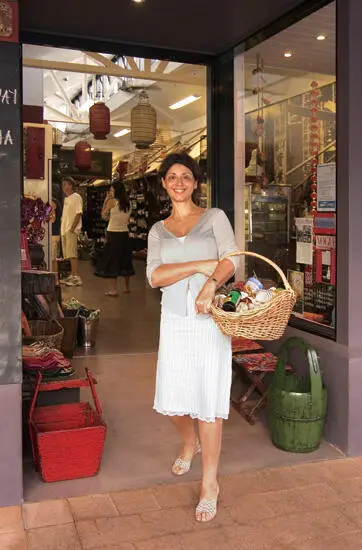
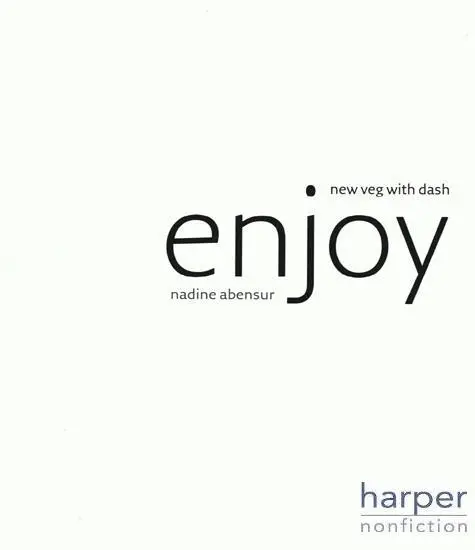
Dedication Dedication Introduction My basic recipes Ingredients Breakfast in Bed On the Barbecue Laidback Lunch Party Food Dinner Date On the Side Sweet Things Index Bibliography Acknowledgements About the Author Copyright About the Publisher
For my parents and for Noah
Cover
Title Page
Dedication Dedication Dedication Introduction My basic recipes Ingredients Breakfast in Bed On the Barbecue Laidback Lunch Party Food Dinner Date On the Side Sweet Things Index Bibliography Acknowledgements About the Author Copyright About the Publisher For my parents and for Noah
Introduction
My basic recipes
Ingredients
Breakfast in Bed
On the Barbecue
Laidback Lunch
Party Food
Dinner Date
On the Side
Sweet Things
Index
Bibliography
Acknowledgements
About the Author
Copyright
About the Publisher
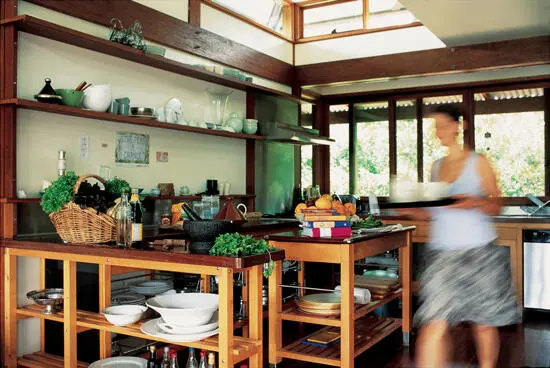
We left Morocco when I was eight, nearly nine. There were humiliations and excruciating moments, such as the time, a few days into my first week at an English school, when a blond, pink-faced child came to me holding out a pair of white cotton socks. I had come to school in little French sandals, straight from Le Printemps, white and open-toed with sweet fringed details. ‘My Mummy says you can have these if you’re too poor to buy socks.’ I swear these were the first words of English I learned. ‘Poor?’ I wanted to shout. ‘Poor? We had servants and a villa and a life you couldn’t even dream of.’ I defiantly came to school without socks on for the rest of the summer.
But what could I do about the food? Lunchtime after lunchtime was spent on the stage in front of the whole school because I could not swallow the revolting rice pudding, the lumpy semolina, the nauseating banana custard – to this day I cannot bear to be in the same room as a cooked banana. I cried till the rice pudding ran watery and cold, and was eventually released when the bell rang for class again. I learned to hide food in pockets and handkerchiefs like the most compulsive anorexic.
Home, thank God, was a different story. My mother, who had never needed to cook before, took to the kitchen with some reluctance but great skill. And though she was now a working mother of three, with a big job in Knightsbridge, she brought the cooking of French, only-just-post-colonial Casablanca with her, consulting the few relatives who had made this unlikely migration, sometimes even those in Paris, Washington and Montreal. And it took some doing, finding fennel and pumpkin, artichokes and salsify, celeriac and fresh petits pois, in Richmond-upon-Thames circa 1966.
She made gratins and soufflés, tarts and crêpes (these always in big piles, which she counted out in batches often and froze, to thaw over a pan of boiling water when the time came). And for festivals and special occasions, there were day-long preparations of couscous with its seven vegetables, bstilla with poussins, tagines with prunes, onions and almonds, kfita and pastelles , cumin-braised vegetables, and salads of all kinds. My parents were not rich but they had no concept of frugality or economy – not when it came to food (or gorgeous clothes, or much else really).
And nowhere more grandly and magnificently than when they entertained. I recently read an article by a well-known American author in which she questioned the motives for going to great lengths when entertaining. Was it to impress, she wondered, and what did that say? To my parents, this would be an outrageous and incomprehensible line of thought. Very clearly it is to please, to delight, to give – and yes, to do one’s best not just to give but to give as much as one is capable of giving.
Our housewarming party (I was eleven by then) was a grand affair and my parents worked at it for days, perhaps weeks. The best solid-silver French cutlery is being used, and the tablecloth, with its garlands of multicoloured sweet peas, exquisitely embroidered for my mother’s trousseau by my Great-aunt Phoebe, is laid out, all crisply starched. It is a rarity, the work delightfully and impossibly fine. There are flowers everywhere, crystal glasses as delicate as can be for us children to ‘make sing’. There are great silver filigree platters, designed with the entertainment of large numbers in mind. There are numerous apéritifs and canapés, which I have had a hand in assembling. It goes on and on. Someone, an English relative, says it is a lovely spread. Spread? The word jars terribly. My heart sinks a little. Is that how you describe it? I ask myself. This is a banquet and a feast, celebration and ceremony. I look at the guests rather piteously and can’t hear the word even now without a slight shudder of horror and disappointment. The word buffet, with its emphasis on the first syllable like shoeshine, has the same effect. I didn’t plan a career in food – in fact a part of me is still waiting to go back to my first love, psychology. But the culinary legacy of my childhood had a very long arm and I am still driven to communicate the unique skills and attitudes that were handed down to me. I’ve done this in various ways over the last twenty years. I ran a vegetarian catering business for eight years, which of course meant organising and cooking for party after party. I treated each one as if it were my very own celebration, my very own feast. I worked till I dropped. When I became food director of the vegetarian restaurant group Cranks, I tried to imbue the food there with a different aesthetic, a new finesse, and then I put it all into my books, hoping again to reach a receptive audience. Now I teach hands-on cookery classes from my home, which overlooks the green hills of northern New South Wales, and I feel in my element. There is a conviviality and bonhomie in the classes that I couldn’t have predicted, and an amazing warmth that brings all sorts of different people together and makes cooking the lively, communal activity it’s supposed to be. There is a spirit of co-operation and creativity that everyone loves and responds to. Sometimes people laugh so much they have tears running down their faces. It’s just amazing. So you can understand why I frequently teach corporate groups on a ‘team-building’ exercise, why supper groups have formed as a result of the classes, and why people leave feeling a little less afraid of the kitchen than they were before. At the end of every class we all sit down together at my long table and eat the fruits of our labour – yet another feast!
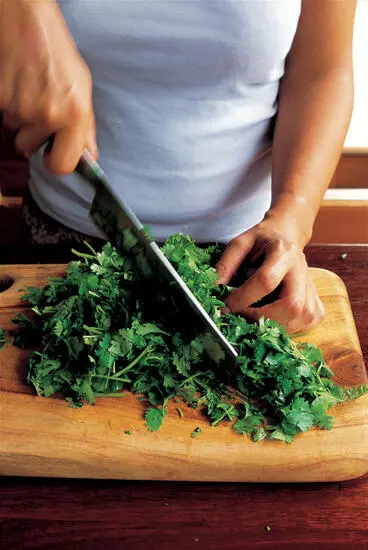
I’m now in the fortunate and unusual position of writing a book across two continents. I am familiar with the shops and ingredients of both, so I feel as if I’ve become a sort of go-between, introducing to each the good foods of the other, and making adjustments where necessary. For instance, Turkish bread as it is produced in Australia is delicious – the dough pillowy and light, the crust soft and studded with sesame seeds, a fantastically versatile product. It is available in the UK in areas with sizeable Greek communities but not as readily as in Australia, so I suggest ciabatta as an alternative – that is, until someone picks up the baton and starts to make it in the UK on the same scale as they do in Australia. Asian ingredients are, of course, very easy to get in Australia and I now take them completely for granted. I know they aren’t always so easy to find in the UK, so I suggest substituting brown sugar for palm sugar, if necessary, or cinnamon for cassia bark. And, of course, there are everyday ingredients available on both continents that simply have different names – aubergines/eggplants, for example. In the recipes, the Australian terminology follows the English in brackets.
Читать дальше
